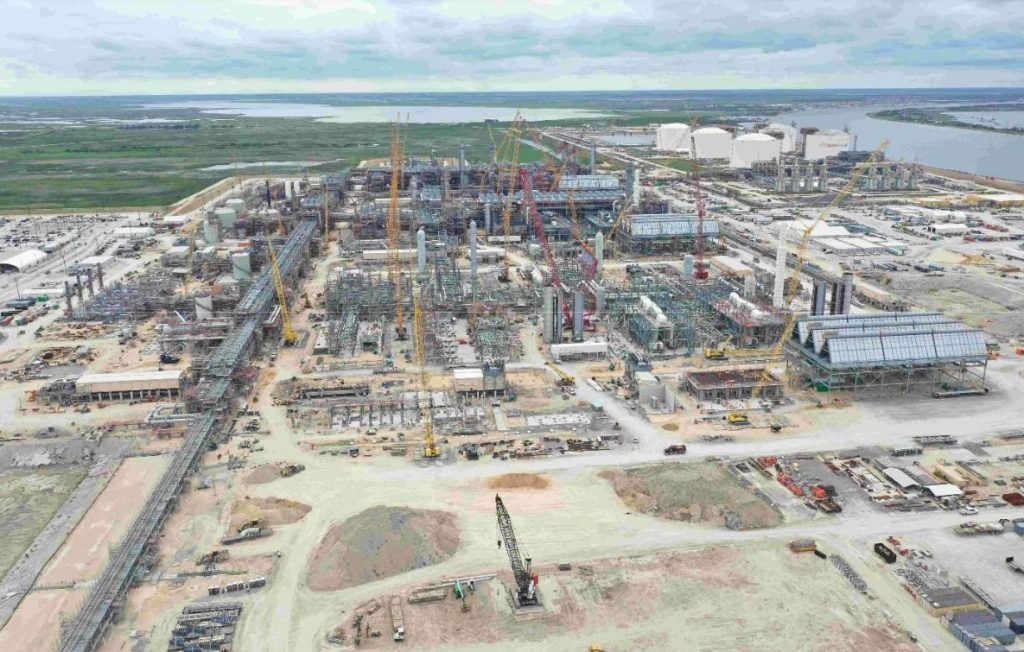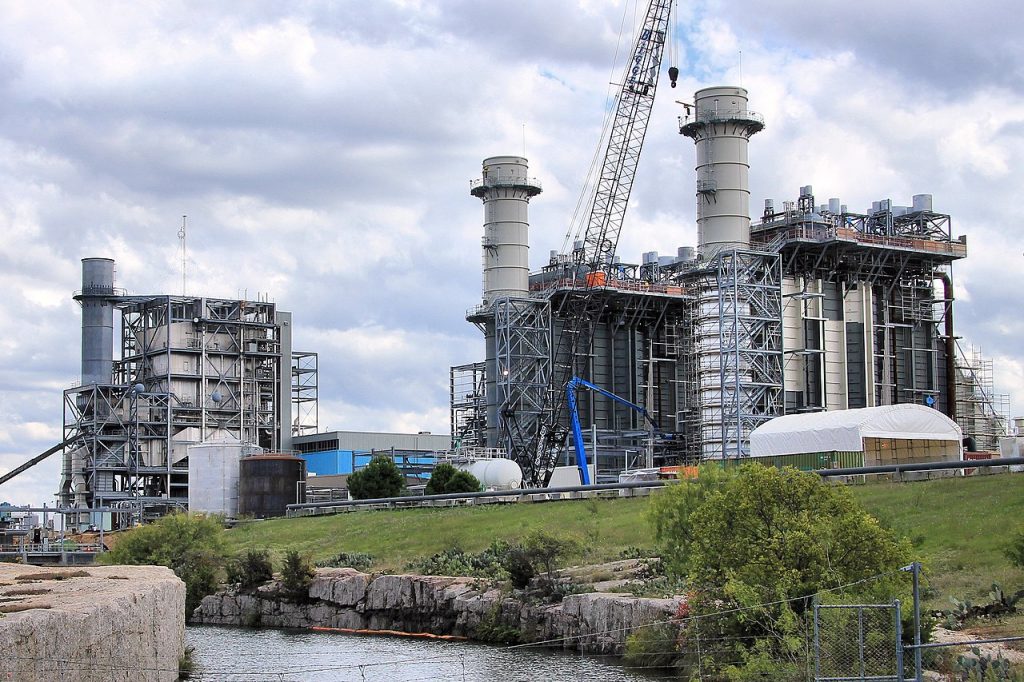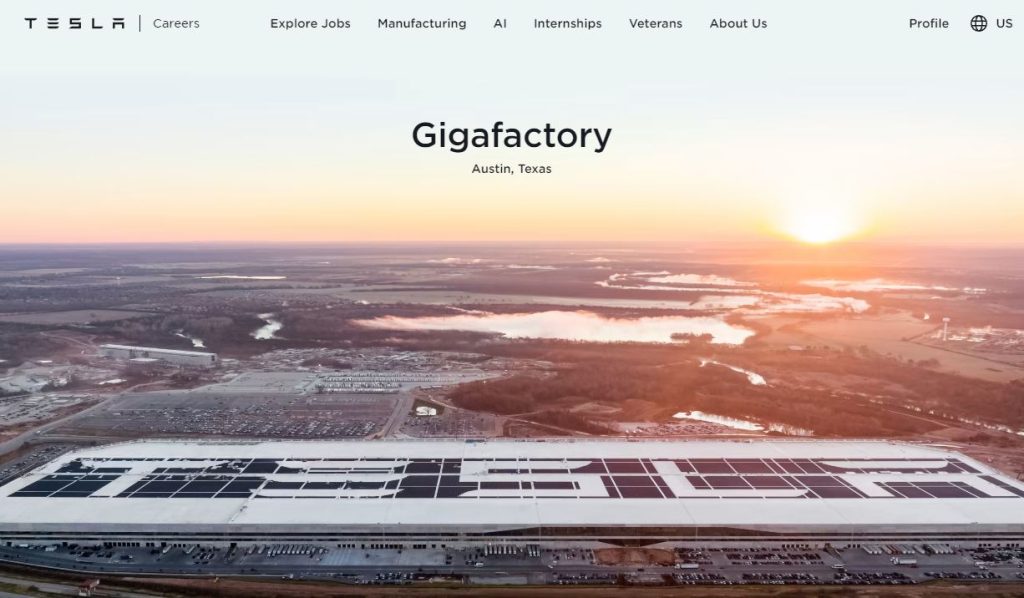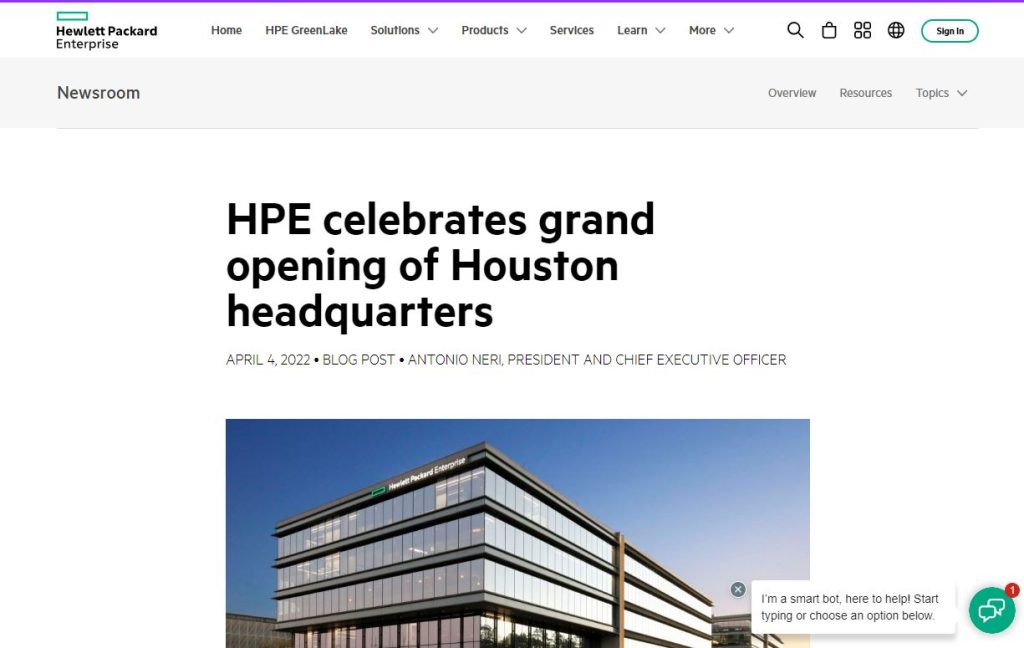Less than a month following the bankruptcy filings of subsidiaries under the Zachry Group, a significant player in the construction and engineering sector, the fallout has hit hard. Zachry Industrial, a prominent arm of the conglomerate, has announced a staggering layoff affecting over 4,000 employees. The revelation came through a Worker Adjustment and Retraining Notice (WARN) submitted to the Texas Workforce Commission (TWC) on Tuesday.

The layoffs are set to reverberate across four locations housing Zachry Industrial’s operations, including Baytown, Beaumont, Orange, and Sabine Pass. The latter, home to Zachry’s liquefied natural gas (LNG) project for Golden Pass LNG, is bearing the brunt with a majority of the cuts, totaling 4,072 employees. The company’s withdrawal from the LNG venture has been cited as a primary reason for the layoffs.

The WARN letter indicates that these layoffs are a result of “certain unforeseen business circumstances” and were executed on May 21, marking them as permanent. Positions across various job categories, ranging from painters, electricians, and welders to supervisors and managers, have been affected.

The timing of these layoffs juxtaposes against the backdrop of Texas’s economic narrative. The Austin-Round Rock-San Marcos Metropolitan Statistical Area (MSA) recently ended a streak of unprecedented growth, indicative of broader shifts in the state’s economic landscape.

For decades, Texas has been a magnet for tech companies, drawn by its business-friendly policies and absence of a state income tax. However, recent developments are causing a reassessment of this narrative.

Factors such as the rising cost of living, political climate, concerns over the power grid’s reliability, extreme weather conditions, talent shortages, and limited funding opportunities are prompting some companies to reconsider their presence in the Lone Star State.

This reevaluation is underscored by recent high-profile departures from Texas. Companies like Oracle, Hewlett-Packard, and Tesla are citing reasons ranging from access to talent and resources to concerns about operational costs and the competitive landscape.

Having a large pool of highly educated workers is a must have for large tech companies. The labor shortage drives up labor costs and increases overhead dramatically in a fast paced tech environment.

At the heart of Texas’s talent challenge lies a cultural emphasis on football over education, in stark contrast to states like California. Shows like Friday night lights put this cultural divide on display. While Texas celebrates athletic achievements, California invests heavily in education, nurturing a highly educated workforce coveted by the tech industry. This cultural dichotomy poses significant implications for Texas’s ability to compete in the knowledge-based economy of the 21st century.

Addressing this disparity will require a concerted effort to realign Texas’s cultural priorities with the demands of a rapidly evolving economy. Investing in education and workforce development will be crucial to ensuring the state’s long-term competitiveness and prosperity in an increasingly digital and knowledge-driven world. Failure to do so risks relegating Texas to the periphery as other states surge ahead in the global race for talent and innovation.





